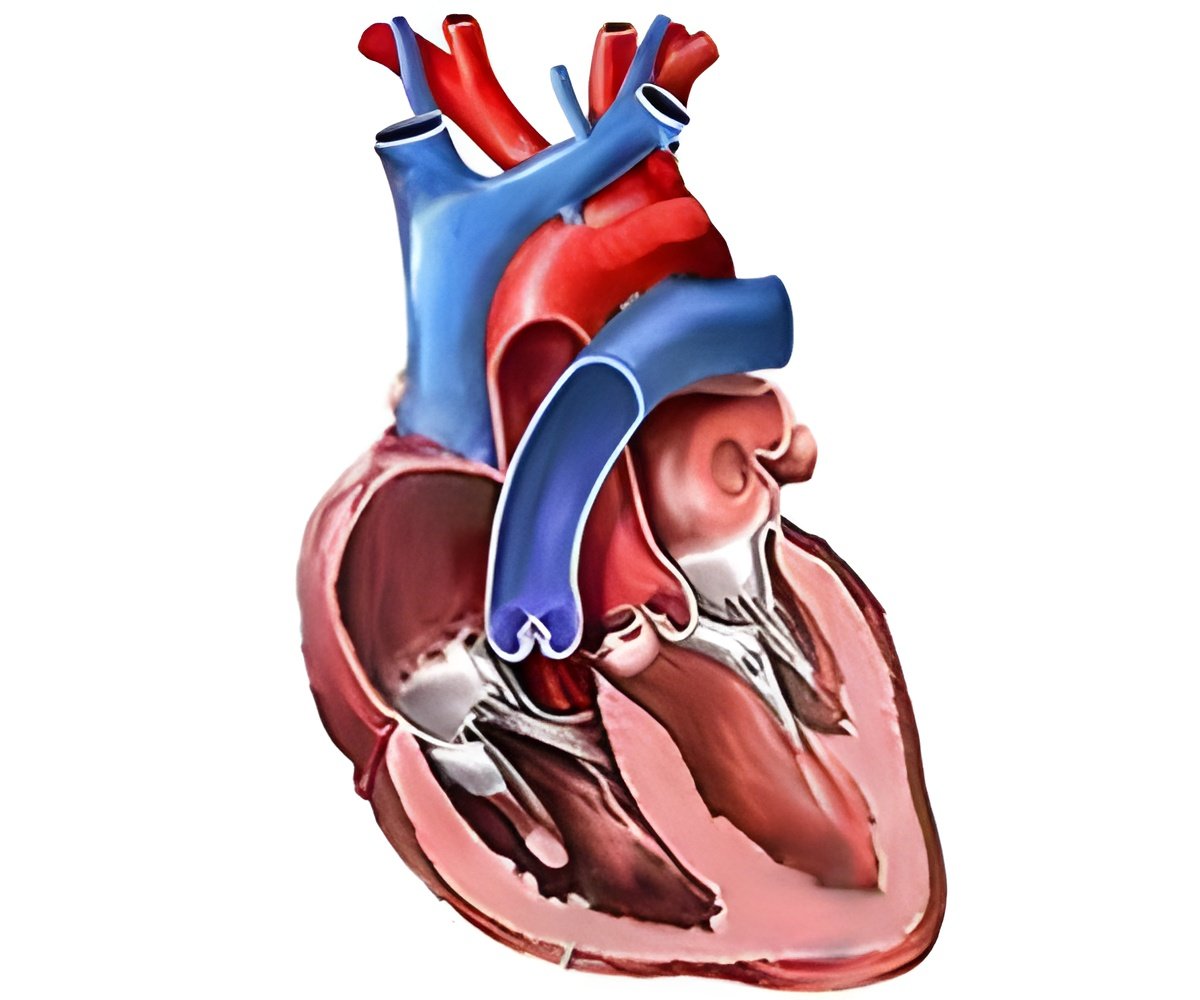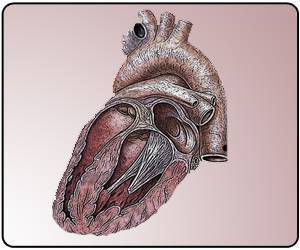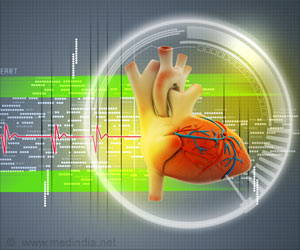
Although echocardiography is recommended for each phase of care in LVAD recipients’ management, there has been limited published data and no formal guidance for the use of echocardiography in this growing patient population.
In an effort to fill this gap, a new document, Echocardiography in the Management of Patients with Left Ventricular Assist Devices: Recommendations from the American Society of Echocardiography, will appear in the August 2015 issue of the Journal of the American Society of Echocardiography (JASE).
The writing group for this guideline was chaired by Raymond F. Stainback, MD, FASE, the MedicalDirector of Noninvasive Cardiac Imaging at Texas Heart Institute, in Houston, Texas.
Dr. Stainback noted, “The recent growth of hospital and ambulatory LVAD patients and a lack of consensus on the performance of LVAD echoes has placed a strain on patient care facilities. Our goal with this guideline is to alleviate this situation by providing a convenient reference for the entire mechanical circulatory support team, including practical LVAD echo exam protocols and checklists for timing and performance of echo exams.”
The new guideline document covers the role of echocardiography throughout the five distinct phases of patient care related to LVADs – preoperative patient assessment, perioperative imaging, postoperative surveillance, postoperative problem-focused echocardiography, and recovery protocols.
Advertisement
Source-Medindia















